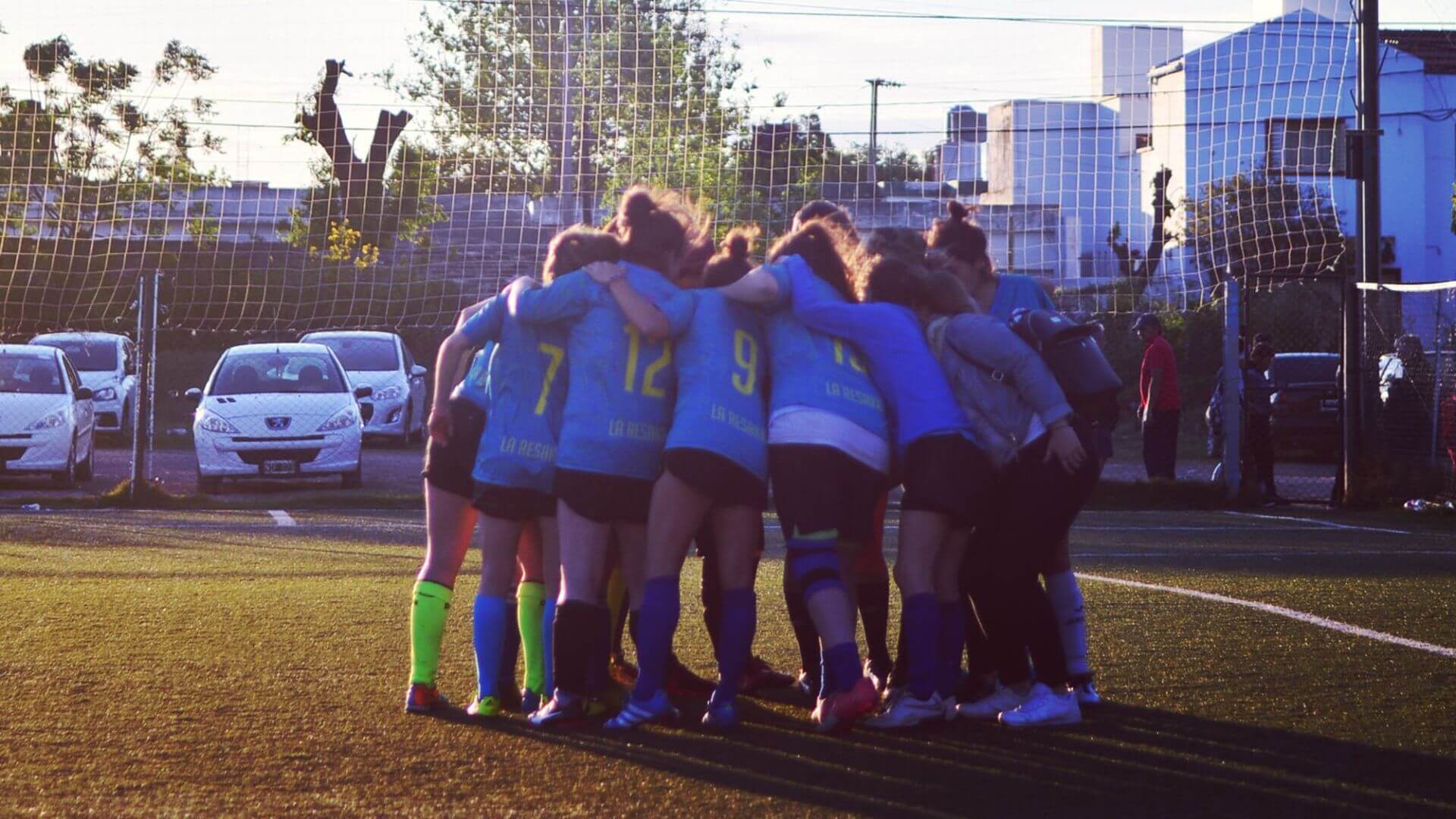Players, Here’s Why You Should Volunteer to Coach a Little Kids Team
Socceristas, if the opportunity presented, would you consider volunteering to coach a youth recreational soccer team? Have you ever even thought about it before? If not, YOU SHOULD THINK ABOUT IT, and here’s why.
Coaching little kids is an excellent way to get involved with your community, develop new leadership skills, and help you get better at soccer! Volunteering to coach a youth team of players that are just being introduced to soccer for the first time in a small-sided soccer environment (4v4, 7v7, or 9v9, anything up to U12) is an experience socceristas should consider if they enjoy spending time with children and want to use their skills and knowledge to help create a love of the game in the next generation of players.
Not only is it fun to get out there and play soccer with the kids, but your volunteering helps out the local organizations. It’s a win-win situation because it also helps YOU. It helps you do something new and get outside of your comfort zone while developing many essential skills that you can take back to your own soccer environment and use to expand your game.
Individual, personal growth
Coaching a recreational youth soccer team or assisting the head coach comes with many benefits to you and the kids. The kids get a seasoned soccer player to guide them and teach them. You learn how to run a team, work with players, teach and plan. You also get to practice your interpersonal skills. Working with kids does wonders for your personal development and growth as a human, not just a soccer player.
Coaching can help you become more self-aware of how their emotions, body language, and communication style impact those around them. Coaching can help with growth-mindedness and general curiosity to learn and explore the game (aka, becoming a student of the game)
Volunteering to coach also requires a lot of self-reflection and the ability to objectively look at what you are doing and investigate whether there are better ways or alternative options–all of which contribute to personal growth. Coaching can help you develop patience, too—patience for the shorter attention spans of kids and patience for the process of improvement.
One of the best things about volunteering to coach a youth soccer team is the pride you feel when you see your players execute something you taught them. When you see the players picking their heads up instead of running into a wall of pressure or when you see them holding shape and making an effort to possess the ball instead of kicking at it with no intention–these are the moments that make it all worth it.
Tips for coaching a youth recreational soccer team for the first time:
- Don’t overcomplicate things. Keep the practices simple and easy to understand until you learn more about your team
- Remember: players with limited (or no) soccer knowledge aren’t going to have the same soccer vocabulary depth as you, so you’re going to have to find different ways to explain things, ways that make sense to them
- Keep it fun! keeping soccer fun is important at this stage because having fun is what keeps them coming back
- Yes, it’s cliche, but true: ‘People don’t care how much you know until they know how much you care’ (Theodore Roosevelt). Keep this in the forefront of all you do. You will be much more impactful if your players feel like you care about them. Your words and advice will land better.
Coaching makes you a better player
Coaching is NOT just telling players what they should be doing, sending them out on the field, and telling them to do it. It’s about breaking the game down into small pieces and explaining things in a way that makes sense to them. It’s about inspiring them to WANT to learn.
Having to explain the game of soccer to others is a surefire way to expand your game. This is because it forces you into a different perspective and gets you looking at the game differently. You start to understand soccer concepts, formations, and styles of play differently when it’s YOU explaining the stuff and not your coach.
Coaching also makes you a better soccer player by taking you into different parts of the game that you don’t usually touch. Example: designing practice plans and reflecting on gameplay to figure out what your team needs to work on. This is AMAZING for your growth as a player. Breaking down games and analyzing what you are seeing as it unfolds is a huge asset.
Here are some of the ways you might find that volunteering to coach youth rec soccer benefits you as a soccer player:
- improved communication skills
- more composure and ability to self-regulate
- helps you let go of the win-at-all-costs mentality and focus on development and improvement
- better game analysis skills and ability to break down your game film
- improved self-awareness and self-reflection skills
- improved understanding of why players need to try things and make mistakes in order to grow
So, now are you interested in coaching a little kids soccer team? This is a great time to take action because there are lots of summer camp programs (some are paying jobs). Second, most recreational leagues kick off in the early fall and are starting to look for volunteers now.
If you are interested in coaching or assistant coaching, Google search your area to find what recreational or neighborhood clubs and programs are nearby. Send an email inquiring about volunteer coaching opportunities.
Featured image via Adobe Stock Images
_
GIRLS SOCCER NETWORK: YOUR SOURCE FOR GIRLS SOCCER NEWS











